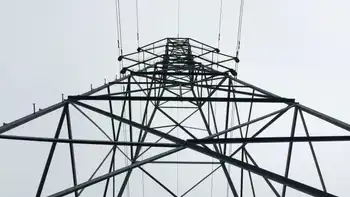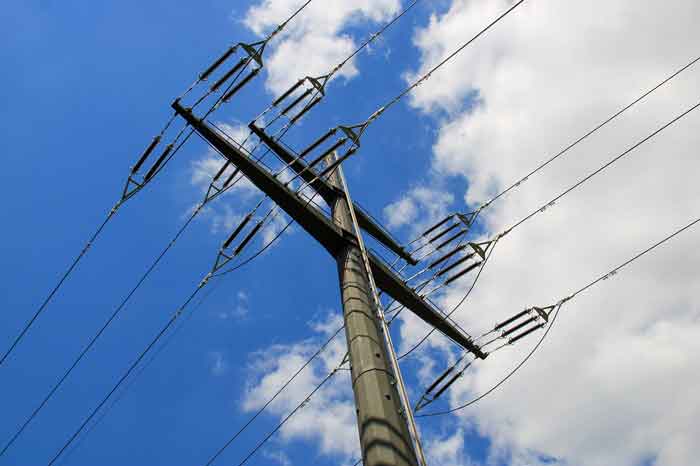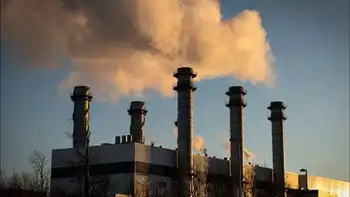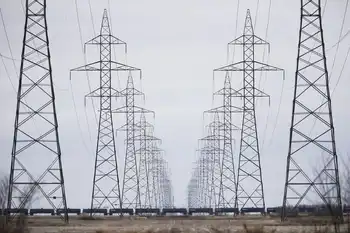Climate change fight to cost $300 billion annually
Yvo de Boer also told Reuters, on the sidelines of August 10-14 U.N. climate talks in Bonn, that cuts in emissions by 2020 so far promised by rich nations were "miles away" from long-term goals set by a Group of Eight summit last month.
"Over time, according to my own analysis, we are going to need $200 billion a year for mitigation and probably in the order of $100 billion a year for adaptation... from 2020 onwards," he said.
Mitigation means curbs on greenhouse gases while energy production switches to renewables such as wind and solar power. Developing nations say they will need cash to adapt to impacts of warming such as more floods, heatwaves and rising sea levels.
De Boer, head of the U.N. Climate Change Secretariat, said the numbers were rough estimates to illustrate overall needs for a long-term shift to a green economy. A new U.N. climate pact is due to be agreed at a meeting in Copenhagen in December.
"It's a phenomenal amount of money but how much of that money is needed at the end of the day is to a large extent dependent on how ambitious the climate change response is," de Boer said.
For comparison, a U.S. economic stimulus package agreed this year was worth a total $787 billion.
De Boer said that a U.N. climate pact this year should set up a fair mechanism for raising long-term funds, rather than set overall numbers. "A robust burden-sharing formula is the most important thing," he said.
De Boer reiterated that the Copenhagen talks should also start with some cash on the table, perhaps $10 billion.
Developing nations such as China and India say the rich need to make pledges of financing before developing nations can agree to take more action to slow the rise of their emissions.
Leaders of the Group of 20 have asked finance ministers to report back about climate finance at a meeting in Pittsburgh in the United States next month.
De Boer said the current 180-nation talks in Bonn faced the task of reducing a 200-page draft text for a new climate pact which he said had about 2,000 square brackets, indicating points of disagreement.
"It's not rocket science: that's the core of what this process really needs to deliver now," he said.
He said he hoped the talks would raise developed nations' targets for cuts in greenhouse gases toward a "beacon" of 25-40 percent below 1990 levels by 2020 outlined by the U.N. Climate Panel to avoid the worst of global warming.
G8 leaders agreed at a summit in Italy last month to cut developed nations' emissions by 80 percent by 2050 and to limit global warming to a 2 Celsius rise (3.6 Fahrenheit). But average 2020 goals fall well short of a 25-40 percent cut.
"What we have on offer at the moment from rich nations is miles away from what leaders were talking about in the G8," de Boer said.
Related News
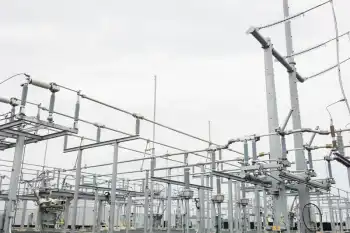
The biggest problem facing the U.S. electric grid isn't demand. It's climate change
NEW YORK - The power grid in the U.S. is aging and already struggling to meet current demand. It faces a future with more people — people who drive more electric cars and heat homes with more electric furnaces.
Alice Hill says that's not even the biggest problem the country's electricity infrastructure faces.
"Everything that we've built, including the electric grid, assumed a stable climate," she says. "It looked to the extremes of the past — how high the seas got, how high the winds got, the heat."
Hill is an energy and environment expert at the Council on Foreign Relations. She served…

